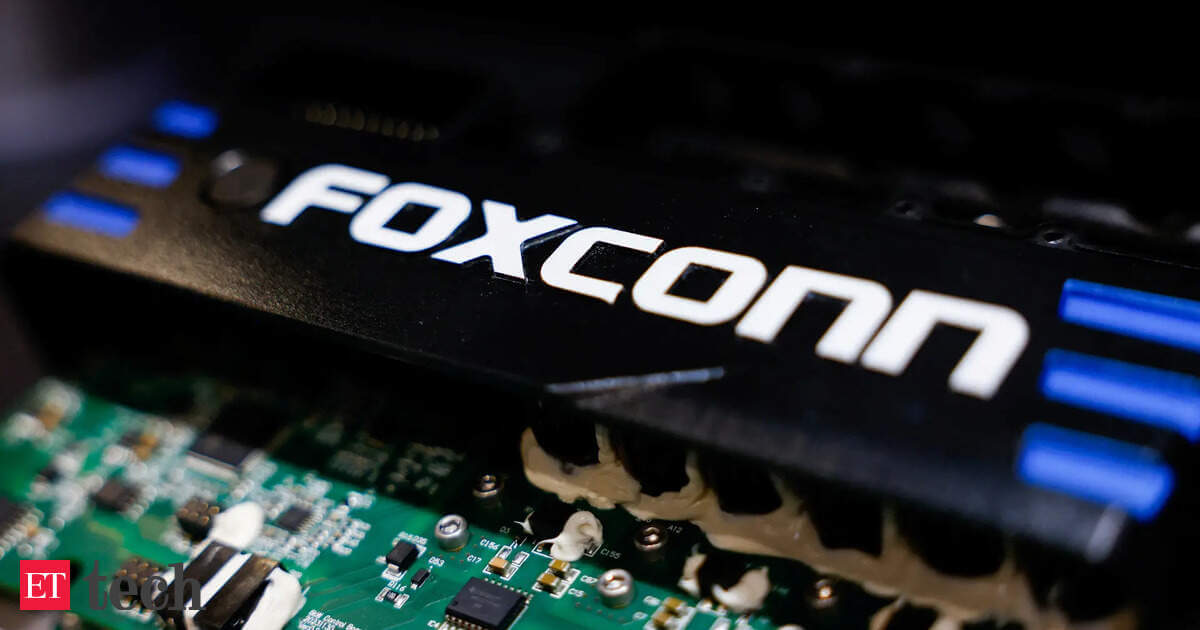Riding a wave of geopolitical shifts and strategic supply chain realignments, Foxconn's iPhone exports from India to the United States have experienced a dramatic surge, effectively bypassing tariffs previously imposed on Chinese goods. Recent data indicates a significant redirection in Apple's export strategy, with a staggering 97% of iPhones manufactured by Foxconn in India between March and May 2025 being shipped directly to the U.S. market. This marks a stark contrast to the 2024 average, where approximately 50.3% of India-made iPhones were destined for the United States.
This strategic maneuver is a clear indication of Apple's efforts to mitigate the impact of high tariffs on Chinese goods. The U.S.-China trade tensions have prompted Apple to diversify its manufacturing base and reduce its reliance on Chinese production. By ramping up production in India and prioritizing exports to the U.S., Apple aims to maintain competitive pricing in the American market while navigating the complex tariff landscape.
The numbers speak volumes about the magnitude of this shift. During the March-May 2025 period, Foxconn exported iPhones worth $3.2 billion from India, with nearly all of these devices heading to the United States. May 2025 alone saw iPhone shipments from India to the U.S. reach nearly $1 billion, the second-highest monthly total on record, surpassed only by March's record of $1.3 billion. Cumulatively, in the first five months of 2025, Foxconn has shipped iPhones worth $4.4 billion to the U.S., exceeding the total of $3.7 billion for all of 2024.
This strategic realignment has not gone unnoticed. Former U.S. President Donald Trump criticized Apple's increasing production in India, stating that he would prefer to see Apple build its products in the United States. Despite this political pressure, Apple appears to be doubling down on its India strategy.
To facilitate this surge in exports, Apple has taken several measures to expedite production and streamline logistics. In March 2025, the company chartered planes to transport iPhone 13, 14, 16, and 16e models worth approximately $2 billion directly to the United States. Apple has also lobbied Indian airport authorities to reduce customs clearance times at Chennai Airport, a key export hub, from 30 hours to just six hours.
This export strategy is also influenced by India's current tariff situation. India is subject to a baseline 10% tariff, similar to most U.S. trading partners, and is actively seeking to avoid a potential 26% "reciprocal" levy.
Foxconn is significantly expanding its production capabilities in India. The company plans to double iPhone production in India to between 25 million and 30 million units by 2025. Foxconn is conducting trial runs at its new Bengaluru facility to evaluate its large-scale production capabilities. The Bengaluru facility is projected to have an annual production capacity of 20 million smartphones. With a planned investment of approximately $3 billion, the Bengaluru plant will become Foxconn's largest in India and its second-largest worldwide.

















